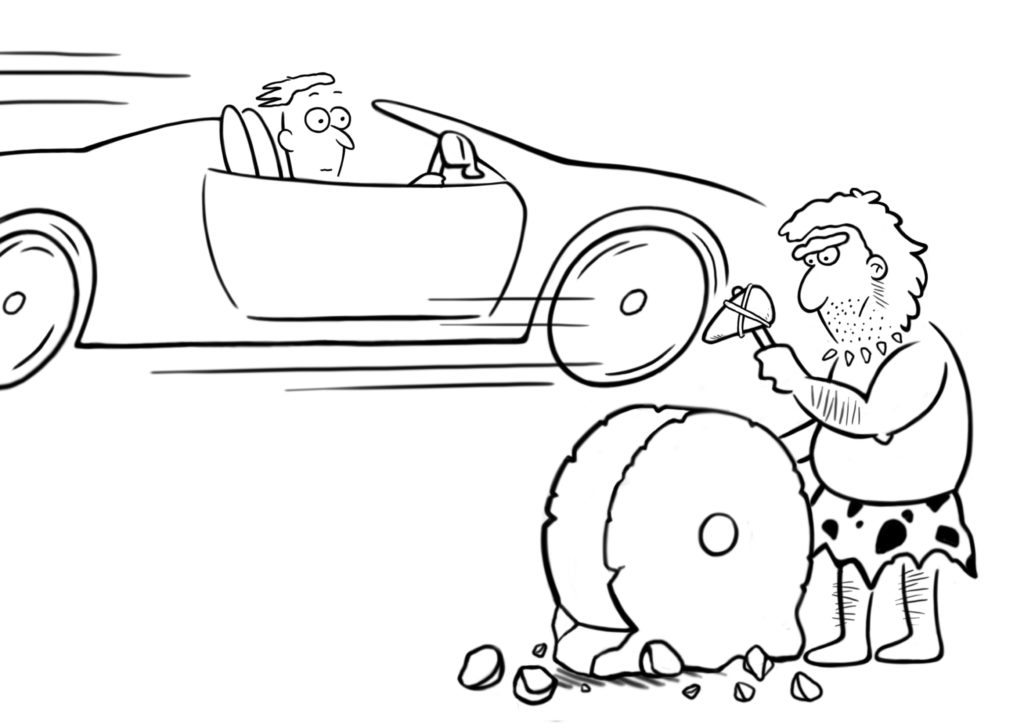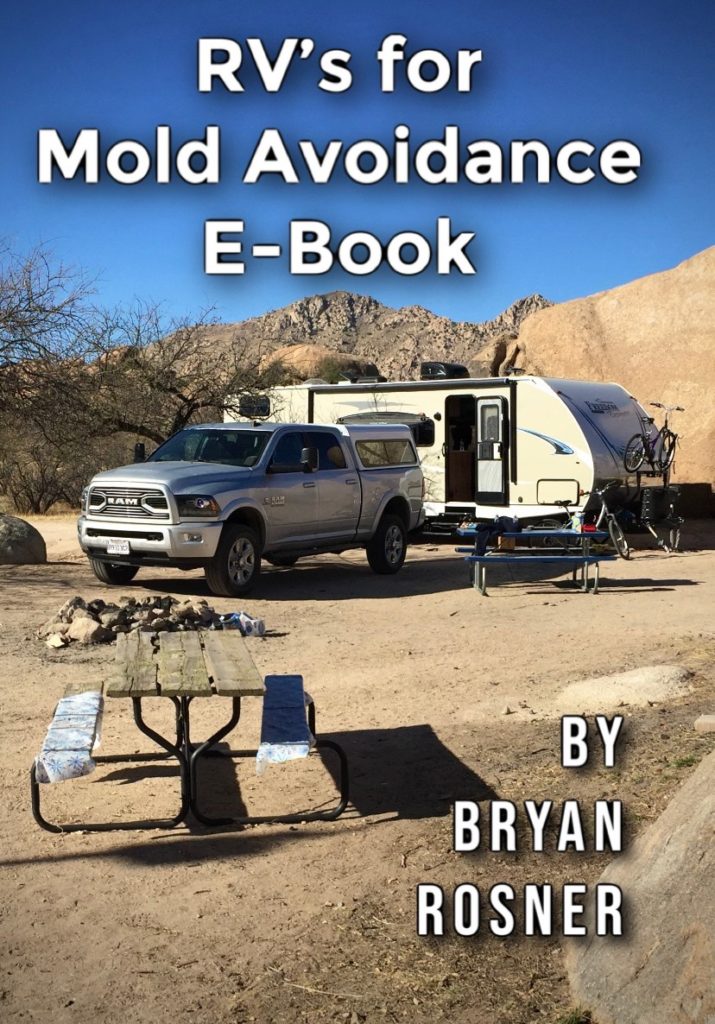
We often talk about how to attain “mold avoidance skills.” This is an extremely important step in the recovery process.
What I have been realizing lately is that most of the time people spend learning these skills is actually an act of re-inventing the wheel. Mold avoidance is so strange and new to people, that they just can’t believe what they are reading. So they spend all of their time – years, usually – conducting their own tests of the methodology, until they prove to themselves that – yes, it actually works how the experienced avoiders say it works.
I don’t fault people for this. I did it, too. Mold avoidance was strange and incredulous to me, too. And I am not saying people shouldn’t re-invent the wheel. Maybe this process is the only way to arrive at the kind of conviction and dedication that is needed to really succeed with mold avoidance.
But probably if people think of mold avoidance like a classroom, where they are the students, and they read the books, do their homework, and find a good mentor, then all of the skills could be learned in a much, much shorter time (years shorter?). And as a result, money will be saved, and healing will occur much faster.
It is no different than a Freshman college student walking into a class and saying, “I’m not going to accept what you are teaching me – I am going to go out and prove it on my own.”
Now, this kind of proving isn’t too hard with simple concepts. If someone tells me that dropping a rock on my foot will hurt, it will only take me a few seconds to do my own experiment and confirm that this is true.
But if someone explains to me how the space shuttle works, and I want to verify all of that for myself…. good luck!
Mold avoidance isn’t as complex as the space shuttle. But it is still pretty darn complex. Or, maybe I should say it is pretty darn NEW. The concepts and methodology are literally a complete paradigm change.
Now, some people aren’t even trying to re-invent the wheel. They are still arguing about if the wheel even works at all. They often say, “we are all different. You may react to mold, but I have a bigger problem with EMF.” After years of careful observation, though, I have concluded that we actually AREN’T all different. Rather, that is the only conclusion people can come to if they haven’t yet found the root cause of these illnesses. “We must all be different,” people think.
I’m not sure I can convince anyone to stop banging their head against the wall and listen to the experienced people. It is just too hard to convince people of that. But I do think that stating this observation out loud, may help folks to take a peek behind the scenes and notice what is going on. Knowledge is power, and this is an important bit of knowledge. I wish you much success in your hammering out of that good old wheel design!
Editing to add: Some people read this post and said I was haughty, or a know-it-all. This is a complete misinterpretation of my stance here. What I am saying is that I think it is correct to think of mold avoidance like a college university, where the experienced people teach the inexperienced, and everyone accepts their place. THIS DOESN’T MEAN I THINK OF MYSELF AS MOST EXPERIENCED! When I was personally in college, I still believed in the system even when I was the lowest of freshmen students.
My belief in this system doesn’t convey to you any information about what level I personally see myself to be. That is an entirely different subject.
What I do think is that in our modern, politically-correct society, the “live and let” live mentality leads to people expecting to be “heard out” and to have their “opinion” on alternative medicine be considered to have the same level of validity as everyone else’s. This is a huge waste of time when it comes to mold avoidance – that’s just not how it works.


You must log in to post a comment. Log in now.